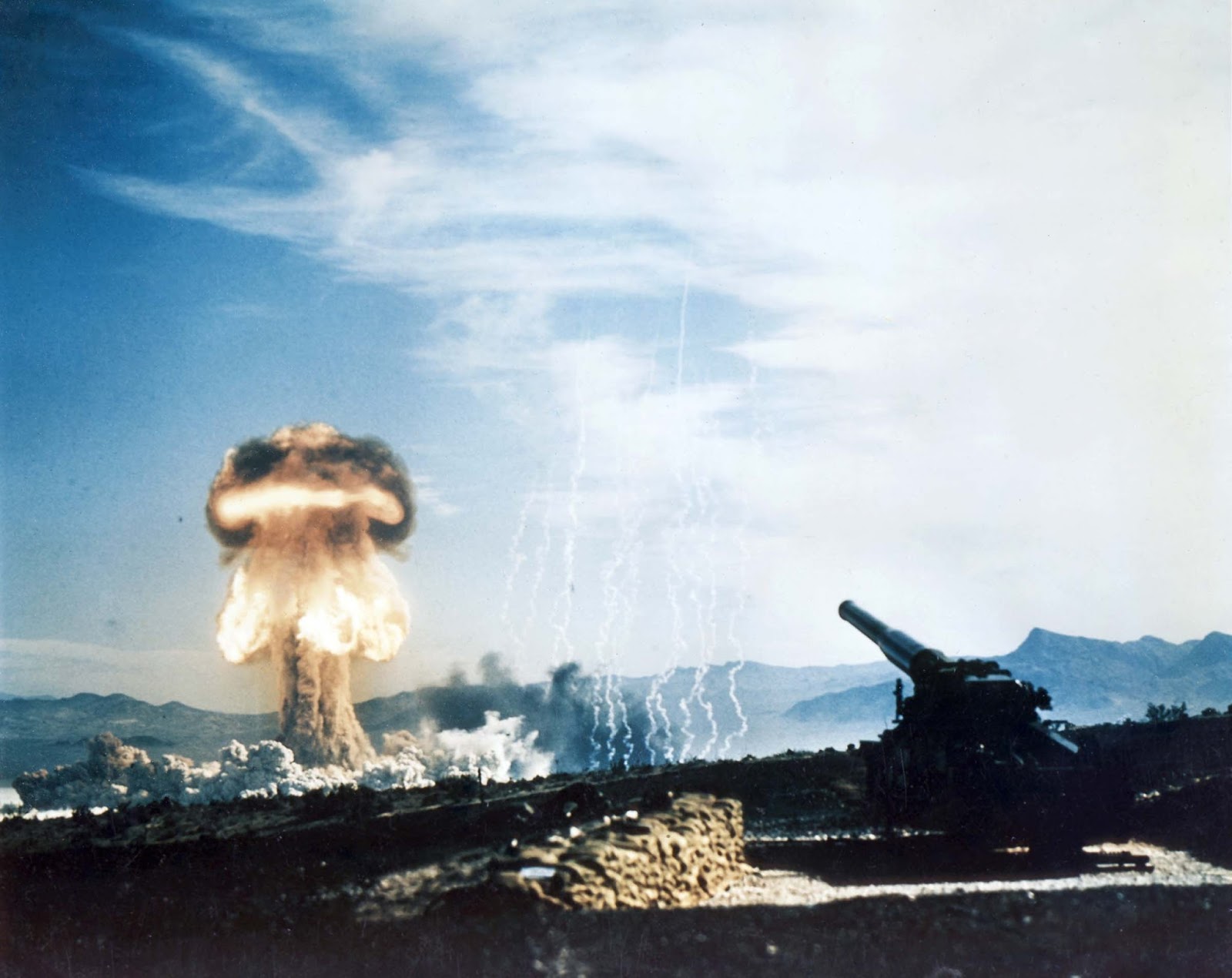
In our AVİM analysis published at the beginning of 2017 entitled “Front Line and Powder Keg of The New Cold War: The Baltic Sea Region, Baltic Countries, and Kaliningrad”, we stated that “following the dissolution of the Soviet Union and subsequent accession of Poland and the Baltic Countries into NATO, Kaliningrad became a vital military outpost for Russia” and pointed out that Russia had moved nuclear-capable Iskander-M missiles into the Kaliningrad in October 2016 along with the highly-capable S-400 anti-aircraft weapon system[1]. As it is known, the Kaliningrad Oblast is an exclave of the Russian Federation located on the coast of the Baltic Sea between Poland and Lithuania.
In our mentioned analysis, we drew attention to the NATO Summit in Warsaw on 8-9 July 2016 and stated that “NATO Heads of State and Government referring to the ‘provocative military activities near NATO borders, including in the Baltic and Black Sea’ and the deterioration of the security situation in the Baltic Sea Region announced the decision to establish an enhanced forward presence in Estonia, Latvia, Lithuania and Poland.”
We underlined in the same analysis that the technical and somewhat academic talk over the interpretation of the provisions of certain NATO-Russia documents do not help in reducing the probability of a conflict breaking out in the Baltic Sea region. We also stressed that a similar tendency also appeared in the Black Sea Region and it seemed that the security situation in Europe was deteriorating day-to-day. As a remedy to these worrisome developments, we stated the following:
“In the absence of the full implementation of the letter and spirit of all conventional arms control, and confidence -and- security building measures, launching a discussion for a new framework for arms control in Europe is the best option. In this regard, proposals put forward… in the second half of 2016 and the subsequent decision (taken) by the Organization for Security and Co-operation in Europe in Hamburg OSCE Ministerial Council of 9 December 2016 to launch a dialogue on the risks to security in the OSCE area is promising.”
On 7 December of last year, it was reported in the Tass News Agency that “Russia and Lithuania could initiate the process of demilitarization in the Baltic Region Lithuanian ex-president Rolandas Paksas said after a meeting with the Russian president in Moscow [2]”. As per the report, Roland Paksas met Vladimir Putin in Moscow and the Russian leader gave a positive response to the former Lithuanian leader’s initiative. Though Kremlin spokesman Dmitry Peskov confirmed that the meeting had taken place, he gave no details concerning it. Paksas told reporters after returning from Moscow to Vilnius that "Lithuania and [Russia’s Baltic exclave of] Kaliningrad could establish new, better relations, to launch disarmament and make stability reign in the land." According to Lithuania’s ex-president, the Baltic demilitarization process could become "a pilot project that would demonstrate that states can cooperate successfully on the issue of disarmament and do it in a way which is totally different from everything that happened before.” We understand from the said report that main goal of the initiative is to convince Europe that isolating Russia would be non-constructive and to persuade European countries to engage in dialogue with Moscow. It was also explained that according to initiative, the demilitarized zone would include Lithuania, Latvia, Estonia, and the Kaliningrad Region.
As it would be recalled, Eurasia has witnessed in the last couple of years the biggest military exercises since the Cold War era. In that respect, Russia conducted major military exercises. Vostok-2018 large-scale military exercise which was conducted with the participation of high number of troops and military equipment is one example in this respect. The region has also witnessed large-scale military exercise under the name of Trident Juncture 2018 held by NATO that took place in Norway and the surrounding areas of the North Atlantic and the Baltic Sea.
In our article titled “Urgent Need for New Cooperative Security Order in Eurasia,” we stated that nearly all arms control regimes in Europe have unfortunately lost their importance especially after the outbreak of the conflict in Ukraine in 2014 and that it is no longer possible to talk about the existence of credible conventional arms control regimes in the OSCE area[3]. In parallel to the erosion of these regimes, as it was indicated above, we are witnessing an increase in military units, capable weapons, large-scale military exercises and higher levels of combat readiness. We also mentioned in that article that the only remedy to such negative developments is to revive arms control mechanisms in Eurasia. For this purpose, there is a need for engaging in faithful dialogue. In fact, the new proposals like the one concerning the Kaliningrad region, in some sense, might be considered as a thought provoking prelude to the efforts to initiate a dialogue on new arms control and disarmament arrangements.
In this context, the developments in the nuclear field is also worrisome. It should be remembered that the US officially withdrew from the Intermediate-Range Nuclear Forces (INF) Treaty on 2 August 2019, and the Russian Federation also announced that the Treaty had ended. It is known that nuclear weapon states of the Treaty on the Non-Proliferation of Nuclear Weapons (NPT) assert that deterrence continues to play a role in preserving regional and international security. Meanwhile, many non-nuclear weapon states of the NPT raise their concern about the new nuclear arms race and the negative developments in the nuclear disarmament field. The preparations for the 2020 Review Conference of the Parties to the Treaty on the Non-Proliferation of Nuclear Weapons (NPT) have already started [4]. It should not be forgotten that all NPT parties declared in the preamble of the Treaty “their intention to achieve at the earliest possible date the cessation of the nuclear arms race” and undertook the responsibility of “effective measures in the direction of nuclear disarmament.” Furthermore, it should be remembered that the Treaty (NPT) was extended definitely in 1995 after reviewing “the operation of the Treaty and affirming that there is a need for full compliance with the Treaty, its extension and its universal adherence, which are essential to international peace and security and the attainment of the ultimate goals of the complete elimination of nuclear weapons and a treaty on general and complete disarmament under strict and effective international control[5]”. There is no doubt that a number of non-nuclear weapon states of the NPT will remind these provisions to the nuclear weapon states of the Treaty (NPT) during the upcoming review conference.
All these developments remind us the importance of arms control and disarmament in maintaining international peace and security. In the coming period Eurasia needs conciliation, not conflict. This requires a bona fide dialogue in all fields including the arms control and disarmament.
*Photo: https://rarehistoricalphotos.com
[1] Teoman Ertuğrul Tulun, “Front Line And Powder Keg Of The New Cold War: The Baltic Sea Region, Baltic Countries, And Kaliningrad,” Center For Eurasian Studies (AVİM), February 21, 2017, 2017 / 9, https://avim.org.tr/en/Analiz/FRONT-LINE-AND-POWDER-KEG-OF-THE-NEW-COLD-WAR-THE-BALTIC-SEA-REGION-BALTIC-COUNTRIES-AND-KALININGRAD.
[2] “Lithuania, Russia Could Launch Demilitarization in Baltic — Lithuanian Ex-President,” Russian News Agency, December 7, 2018, https://tass.com/world/1034805.
[3] Teoman Ertuğrul Tulun, “There Is an Urgent Need for a New Cooperative Security Order in Eurasia,” Hürriyet Daily News, October 19, 2018, http://www.hurriyetdailynews.com/opinion/teoman-ertugrul-tulun/there-is-an-urgent-need-for-a-new-cooperative-security-order-in-eurasia-138038.
[4] “2019 Preparatory Committee for the 2020 Nuclear Non-Proliferation Treaty Review Conference” (United Nations Office for Disarmament Affairs, May 29, 2019), https://www.un.org/disarmament/wmd/nuclear/npt2020/prepcom2019/.
[5] “Extension Of The Treaty On The Non-Proliferation Of Nuclear Weapons” (United Nations, May 17, 1995), NPT/CONF.1995/32, https://unoda-web.s3-accelerate.amazonaws.com/wp-content/uploads/assets/WMD/Nuclear/1995-NPT/pdf/NPT_CONF199503.pdf.
© 2009-2025 Center for Eurasian Studies (AVİM) All Rights Reserved
No comments yet.
-
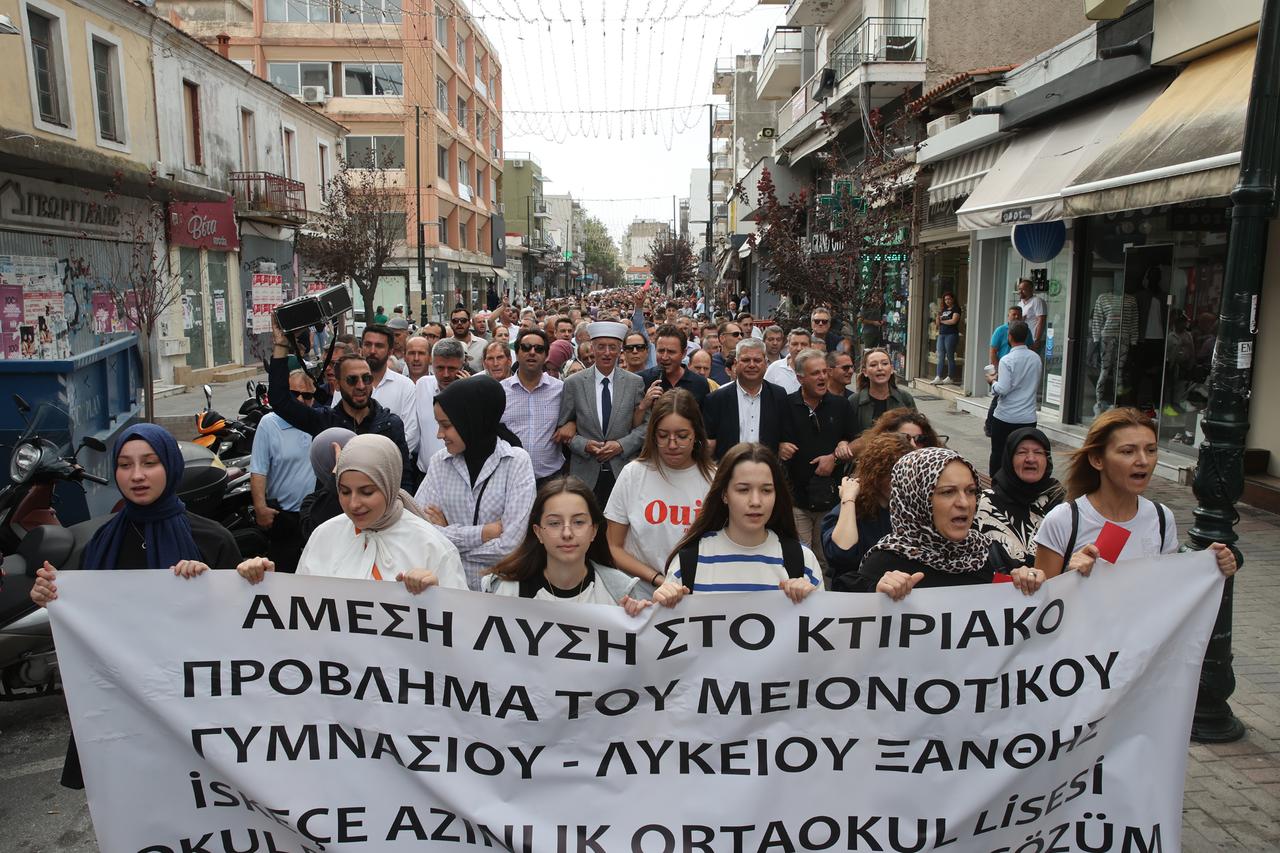 GREEK POLICIES TOWARDS TURKISH MINORITY SCHOOLS RISK REPEATING HISTORY
GREEK POLICIES TOWARDS TURKISH MINORITY SCHOOLS RISK REPEATING HISTORY
Teoman Ertuğrul TULUN 19.08.2025 -
 FROM SYMBOLISM TO SCRUTINY: THE TRANSFORMATION OF FRANCE'S GENOCIDE CLAIMS
FROM SYMBOLISM TO SCRUTINY: THE TRANSFORMATION OF FRANCE'S GENOCIDE CLAIMS
Teoman Ertuğrul TULUN 01.07.2025 -
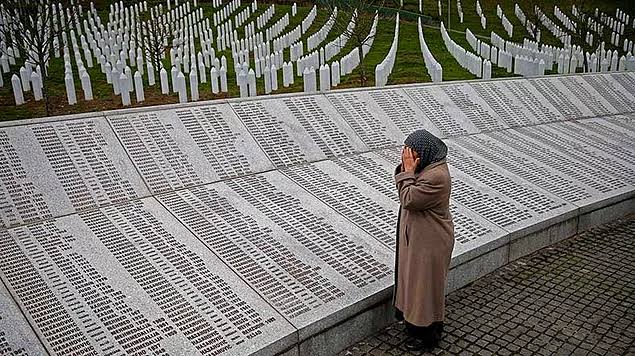 THE DEEP WOUND OF THE BOSNIAK NATION, BALKANS, AND EUROPE: THE SREBRENICA GENOCIDE
THE DEEP WOUND OF THE BOSNIAK NATION, BALKANS, AND EUROPE: THE SREBRENICA GENOCIDE
Teoman Ertuğrul TULUN 16.07.2019 -
 CONSEQUENCES OF MATERIAL BREACH OF THE LAUSANNE PEACE TREATY
CONSEQUENCES OF MATERIAL BREACH OF THE LAUSANNE PEACE TREATY
Teoman Ertuğrul TULUN 07.10.2020 -
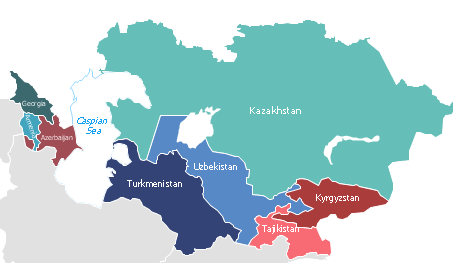 A QUARTER OF A CENTURY OF INDEPENDENCE OF CENTRAL ASIAN AND SOUTH CAUCASUS COUNTRIES: AN ECONOMIC SNAPSHOT AND PROSPECTS FOR THE FUTURE
A QUARTER OF A CENTURY OF INDEPENDENCE OF CENTRAL ASIAN AND SOUTH CAUCASUS COUNTRIES: AN ECONOMIC SNAPSHOT AND PROSPECTS FOR THE FUTURE
Teoman Ertuğrul TULUN 14.12.2016
-
 COMMENTS ON "THE PAN-ARMENIAN DECLARATION ON THE 100th ANNIVERSARY OF THE ARMENIAN GENOCIDE"
COMMENTS ON "THE PAN-ARMENIAN DECLARATION ON THE 100th ANNIVERSARY OF THE ARMENIAN GENOCIDE"
Turgut Kerem TUNCEL 26.03.2015 -
 BREXIT: NEW PARADIGM SHIFT FOR GLOBALIZATION AND SIGNAL FOR NEW WORLD ORDER
BREXIT: NEW PARADIGM SHIFT FOR GLOBALIZATION AND SIGNAL FOR NEW WORLD ORDER
Teoman Ertuğrul TULUN 27.01.2017 -
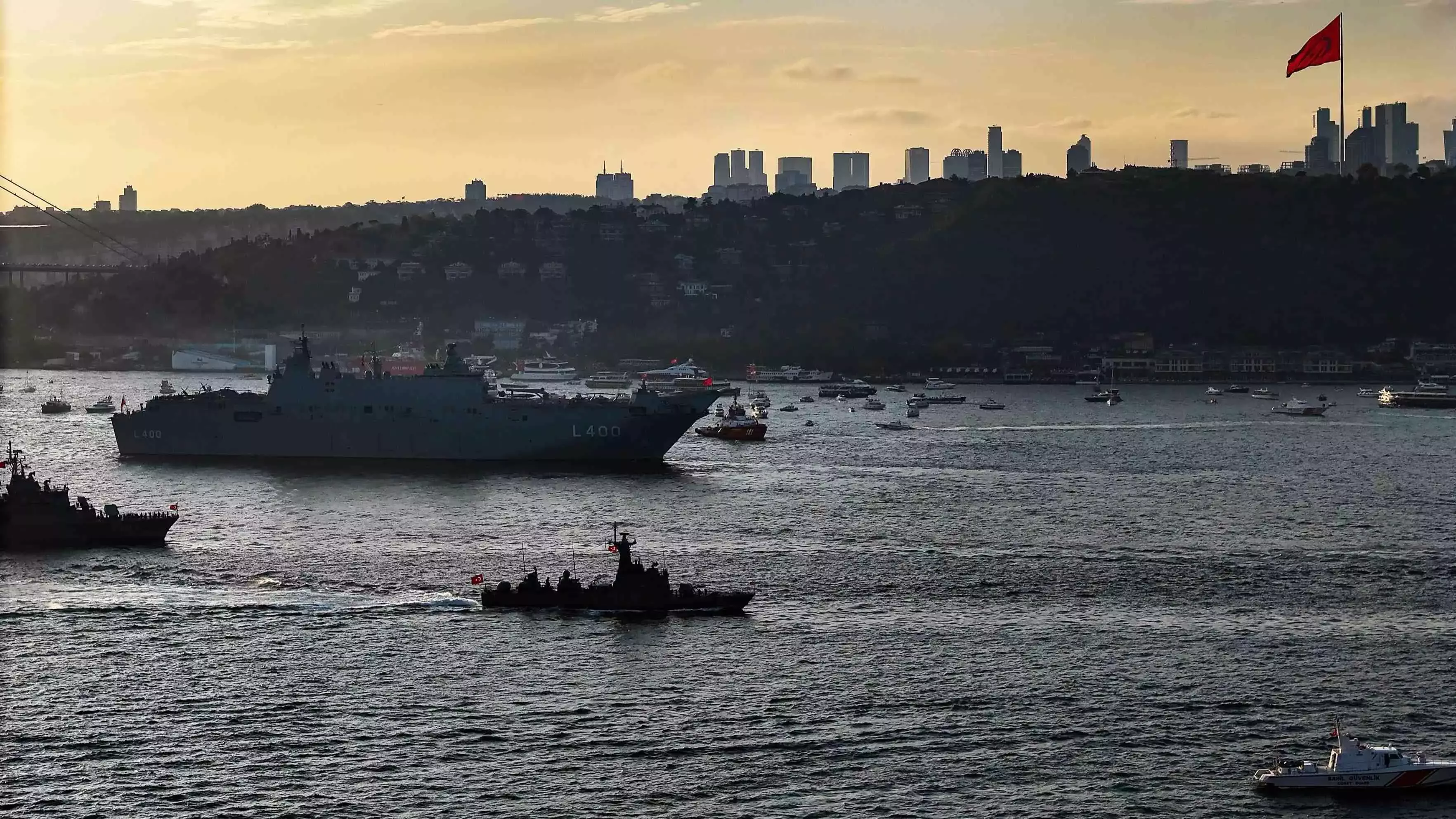 EFFORTS TO CHANGE OR CIRCUMVENT THE PROVISIONS OF THE 1936 MONTREUX STRAITS CONVENTION
EFFORTS TO CHANGE OR CIRCUMVENT THE PROVISIONS OF THE 1936 MONTREUX STRAITS CONVENTION
Teoman Ertuğrul TULUN 28.03.2024 -
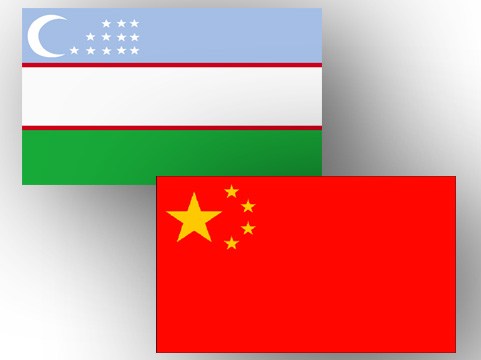 CHINA’S INCREASING INTEREST IN UZBEKISTAN
CHINA’S INCREASING INTEREST IN UZBEKISTAN
Özge Nur ÖĞÜTCÜ 21.02.2017 -
 FROM SYMBOLISM TO SCRUTINY: THE TRANSFORMATION OF FRANCE'S GENOCIDE CLAIMS
FROM SYMBOLISM TO SCRUTINY: THE TRANSFORMATION OF FRANCE'S GENOCIDE CLAIMS
Teoman Ertuğrul TULUN 01.07.2025
-
25.01.2016
THE ARMENIAN QUESTION - BASIC KNOWLEDGE AND DOCUMENTATION -
12.06.2024
THE TRUTH WILL OUT -
27.03.2023
RADİKAL ERMENİ UNSURLARCA GERÇEKLEŞTİRİLEN MEZALİMLER VE VANDALİZM -
17.03.2023
PATRIOTISM PERVERTED -
23.02.2023
MEN ARE LIKE THAT -
03.02.2023
BAKÜ-TİFLİS-CEYHAN BORU HATTININ YAŞANAN TARİHİ -
16.12.2022
INTERNATIONAL SCHOLARS ON THE EVENTS OF 1915 -
07.12.2022
FAKE PHOTOS AND THE ARMENIAN PROPAGANDA -
07.12.2022
ERMENİ PROPAGANDASI VE SAHTE RESİMLER -
01.01.2022
A Letter From Japan - Strategically Mum: The Silence of the Armenians -
01.01.2022
Japonya'dan Bir Mektup - Stratejik Suskunluk: Ermenilerin Sessizliği -
03.06.2020
Anastas Mikoyan: Confessions of an Armenian Bolshevik -
08.04.2020
Sovyet Sonrası Ukrayna’da Devlet, Toplum ve Siyaset - Değişen Dinamikler, Dönüşen Kimlikler -
12.06.2018
Ermeni Sorunuyla İlgili İngiliz Belgeleri (1912-1923) - British Documents on Armenian Question (1912-1923) -
02.12.2016
Turkish-Russian Academics: A Historical Study on the Caucasus -
01.07.2016
Gürcistan'daki Müslüman Topluluklar: Azınlık Hakları, Kimlik, Siyaset -
10.03.2016
Armenian Diaspora: Diaspora, State and the Imagination of the Republic of Armenia -
24.01.2016
ERMENİ SORUNU - TEMEL BİLGİ VE BELGELER (2. BASKI)
-
AVİM Conference Hall 24.01.2023
CONFERENCE TITLED “HUNGARY’S PERSPECTIVES ON THE TURKIC WORLD"









